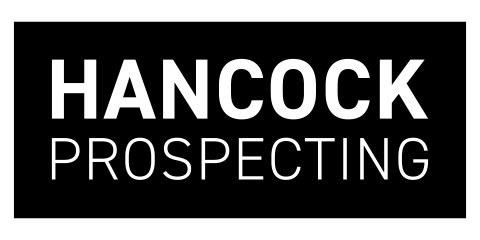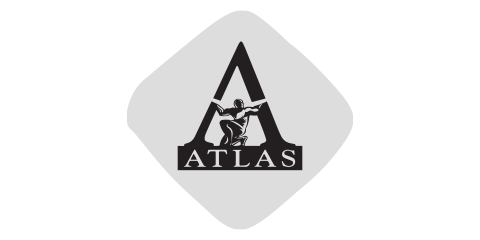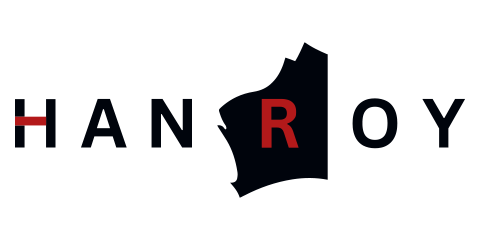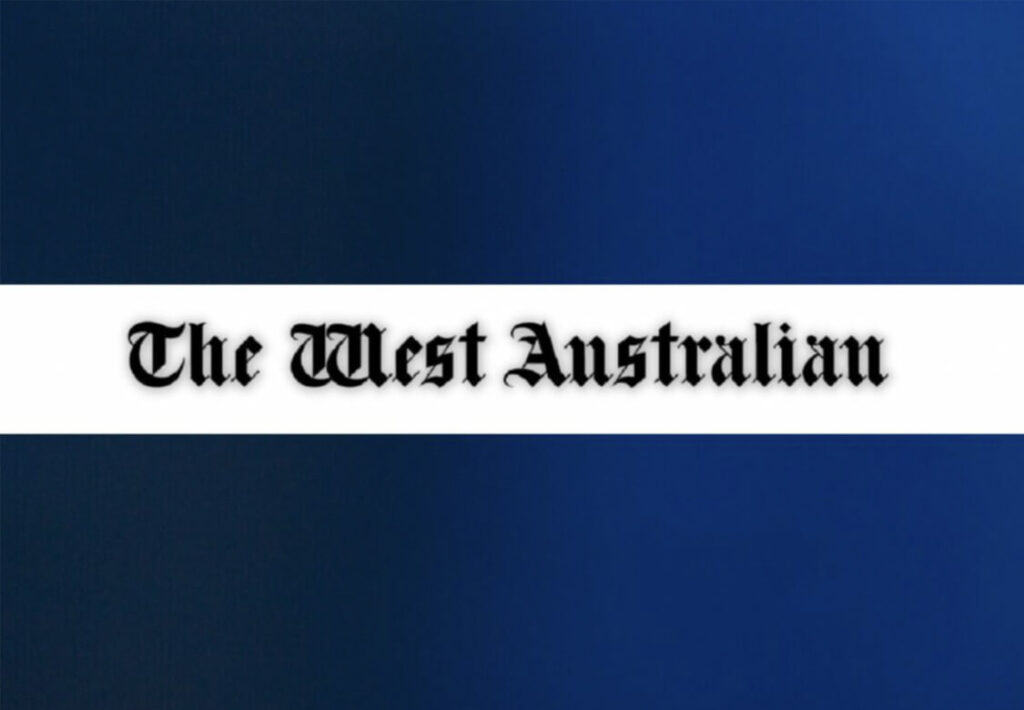
Article by Matt Mckenzie, courtesy of The West Australian.
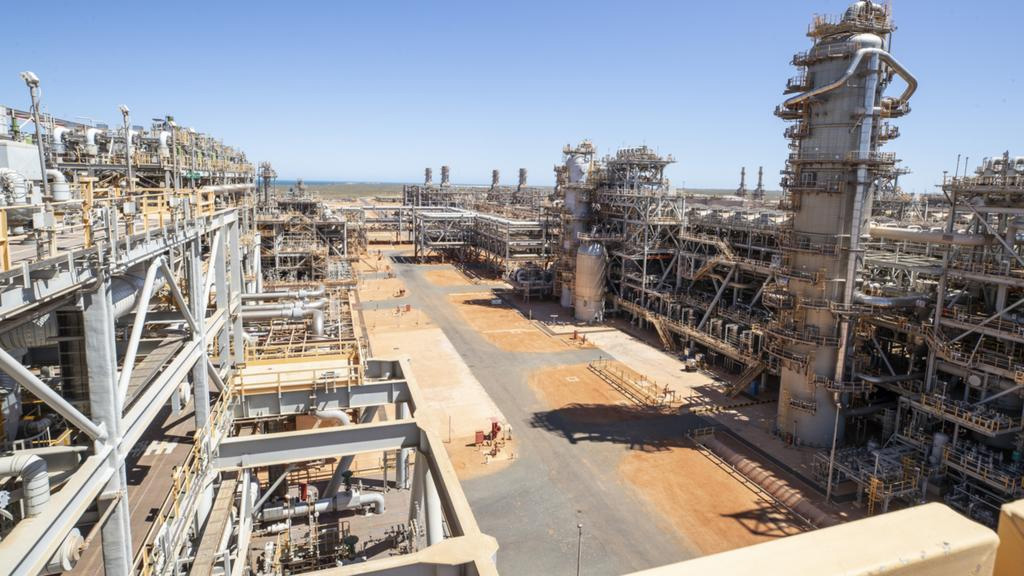
The Australia Institute reckons $111 billion of WA gas was exported over four years without any royalties paid to government — but the lobby group’s claims need serious scrutiny.
About $264b of the fuel was shipped nationally over the period and 60 per cent ($149b) was not subject to royalties, the institute estimates in a report to be released Tuesday.
The report also says a 9 per cent charge on LNG would have raised $13b.
But the shock numbers are deceiving.
WA gas is largely offshore and falls under Federal control, making the institute’s missive that the State does not get paid for most of the gas a statement of the obvious.
The Federal Government largely does not get paid royalties either — because the Commonwealth shifted from royalties to the Petroleum Resources Rent Tax in the 1980s.
The institute surely has no issue with that, because it argued in the early 2010s for the mining industry to follow petroleum in moving from royalties to the controversial Resources Super Profit Tax.
That leaves the question why the Canberra think tank is running a campaign about royalty payments when it knows fully well the system doesn’t work that way.
The numbers flow into the already muddy debate over how much oil and gas adds — or subtracts — from the nation’s coffers.
The West Australian revealed in April that about $17b of tax and royalties was to be paid by the industry this year, according to projections by lobby group Australian Energy Producers.
That’s twice the cash needed to fund the yearly operations of the Tasmanian Government.
It’s too early to verify the projection but the figures roughly lined up with what a reporter might expect after regularly perusing the accounts of oil and gas businesses.
The figures were swiftly drowned out by the institute, which bundled a grab bag tally of all and sundry items as it claimed fossil fuels had received $65b of handouts over four years.
But questions hang over that research, too.
Premier Roger Cook might be astonished to learn his Industry Attraction Fund was included on the institute’s list of fossil fuel giveaways.
The fund dished up $148 million for dozens of businesses including pharmaceutical maker Baxter Healthcare; a green supercomputing plan by DUG Technology; and a cathode material facility to be built by AustVolt.
Fremantle Seaweed’s “expansion of the Seaweed Solution to Climate Change farming project” was handed $4m, too.
Somehow all that cash has been added to the institute’s tally of fossil fuel subsidies.
It’s ridiculous.
Also on the Australia Institute’s list of purported handouts was a social infrastructure fund in Ashburton. Ironically, that is paid for by Chevron.
The institute readily generates press with these claims, but who is marking their homework?
It’s the same lobby group which infamously declared governments could let stimulus spending rip in late 2020 because there was “no risk of inflation on the horizon”.
Social media has even more extraordinary claims about taxes paid by resources companies.
It has been suggested Australia would have earned $200b (in the all-time peak year of export prices) if the country borrowed Norway’s model of tax and public ownership of resources businesses.
Where would the half-trillion dollars of capital invested to build WA’s resources industry have come from if it was government owned?
WA hospitals and schools would be much lower quality if governments had diverted $100b to build the Gorgon and Wheatstone gas plants.
Taxpayers would soon find out just how long it takes for that upfront cost to be repaid, an experience so far reserved for shareholders of Shell and Chevron.
There’s also a risk the businesses would run in the red.
Just look at how much taxpayers have needed to dump into Synergy to cover enormous losses at that utility.
There’s certainly room to debate whether Australia gets enough benefit out of oil and gas — and the recent pivot by governments to embrace handouts for industry should also be met with scepticism.
But the sensational claims dished out to attack a sector which contributes significantly to the local economy must not be allowed free mileage.
